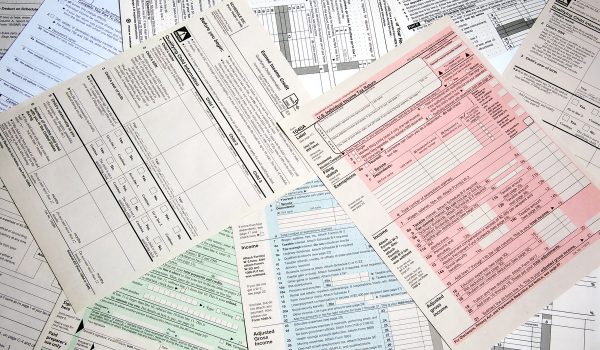Plans subject to Section 403(b) of the Internal Revenue Code (403(b) plans) are currently in a “remedial amendment period.” During the remedial amendment period, missing or defective provisions in an existing 403(b) plan document can be fixed by restating the plan document before the remedial amendment period ends. The remedial amendment period ends on March 31, 2020.
Here are some details about the remedial amendment period.
IRS Pre-Approved Plan Documents
In 2013, the IRS began a program to review and approve plan documents for 403(b) plans, like its pre-approval program for Code § 401(a) qualified retirement plans. Before this, a 403(b) plan document could not receive IRS review and approval.
In 2018, the IRS began issuing opinion letters for 403(b) plan documents it had reviewed and pre-approved. Pre-approved documents generally consist of a lengthy “basic plan document” containing the provisions necessary for legal compliance and generally applicable to all 403(b) plans, and a shorter, fill-in-the-blank “adoption agreement” containing the variable elements for an adopting 403(b) plan.
Remedial Amendment Period
At the same time, the IRS opened a remedial amendment period for most 403(b) plans. During the remedial amendment period, 403(b) plans that adopted a written plan document before Jan. 1, 2010 can correct defects in the plan’s language or form retroactive to Jan. 1, 2010, if the plan document is restated no later than March 31, 2020.
Note: If an existing 403(b) plan did not adopt a written plan document by Dec. 31, 2009, the failure to timely adopt the written plan document must be corrected using the IRS’s Voluntary Compliance Program (VCP), which requires IRS approval. Adopting a plan document during the remedial amendment period will not correct this failure, even if an IRS pre-approved plan document is used.
Pre-Approved or Individually Designed Plan Document May Be Used
In some cases, the terms of a 403(b) plan will not fit within the options provided by a pre-approved plan. The IRS has made it clear that 403(b) plan sponsors can restate their plans using an individually designed plan document and still get the benefit of the remedial amendment period, including the opportunity to fix plan defects.
But most 403(b) plans can be restated using a pre-approved document. Restating a 403(b) plan using a pre-approved document gives the plan sponsor assurance that the plan’s provisions satisfy the requirements of Code § 403(b) as of the date of the pre-approved document’s IRS opinion letter.
Good News – Bad News on Self-Correction
The remedial amendment period gives sponsors of 403(b) plans the opportunity to self-correct defective plan document provisions retroactive to Jan. 1, 2010, provided the plan document is restated by March 31, 2020. That’s the good news.
The bad news is this self-correction opportunity only applies to defects in the provisions of the plan document. Problems arising from the operation of the plan must be corrected using one of the IRS’s correction programs, such as VCP mentioned above. The line between plan document defects and operational failures can be hard to draw. If you have a problem with your 403(b) plan, you should consult legal counsel to determine if the problem is a plan document defect or an operational failure.
Frost Brown Todd Can Help
Frost Brown Todd can help 403(b) plan sponsors in several ways:
- Our IRS pre-approved 403(b) plan document can be used to restate your 403(b) plan by the March 31, 2020 deadline.
- For 403(b) plans with terms that do not fit within the options provided in our pre-approved plan document, we can draft an updated individually designed plan document.
- If you did not adopt a written plan document by Dec. 31, 2009, we can help you correct that failure through VCP.
- We can also help correct any other problems with your 403(b) plan using the appropriate IRS correction program.

